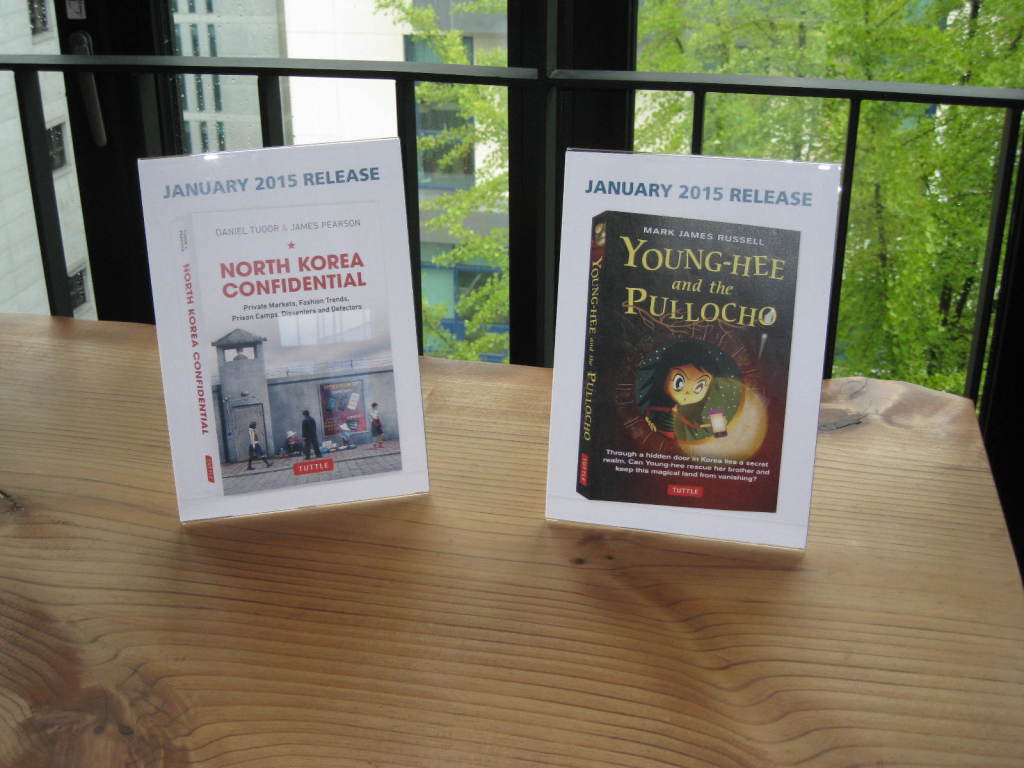So, Jessica is out of Girls’ Generation. That makes three major SM Entertainment artists to leave their groups this year, along with Kris leaving Exo and Sulli taking a “haitus” from f(x), not to mention Sunye leaving Wondergirls and other high-profile shakeups.

Now, any pop music industry is going to be inherently volatile — fans and artists are young, careers are short — but the increasing troubles that K-pop seems to be going through has me wondering if we could be seeing the beginning of the end of K-pop.
As with so many things about Korean pop music, Motown is in interesting comparison. It had a very similar business model as K-pop and it did very well for a number of years before eventually burning out in the early 1970s. What led to the end of Motown?
- The biggest issue was probably control, as artists got tired of being completely controlled by management.
- Money was also a big (and related) issue, as artists and songwriters felt like they were not getting their fair share.
- Tastes were changing.
- The creators of Motown wanted to do other things (like Berry Gordy moving to Los Angeles).
I think it is pretty clear that several of those issue apply to K-pop. Management companies that are the most controlling over their artists are also having the most problems these days, while Jay Park and Drunken Tiger and the like are enjoying their independence.
Are tastes changing? I’m not a teenager, so it is a bit hard for me to talk to that point. However, when I take a look at the Melon charts, “idol K-pop” certainly does not dominate. I see a lot of ballads, hip hop and other genres. Maybe those genres don’t sell themselves or their singers as well as K-pop does, but clearly the music people enjoy in Korea is much more diverse than most music websites would have you believe.
Of course, the end of idol K-pop would not mean the end of Korean popular music. Korea had a thriving music scene long before Seo Taiji and Boys or H.O.T came along. YG Entertainment snapping up Akdong Musicians or CJ signing Busker Busker are signs that the music industry knows tastes are going to keep changing. So I’m not worried about the long-term success of Korean music. But it is very possible that the structure of it and the types of music we hear about could be changing.
I do wonder, though, if I’m going to have to change the title of K-POP NOW to K-POP THEN.
(Btw, I quite like this Soompi article for insights about what happened to Jessica. There’s a good post in the comments translating the latest by Dispatch).










